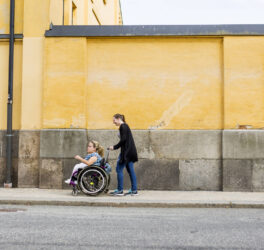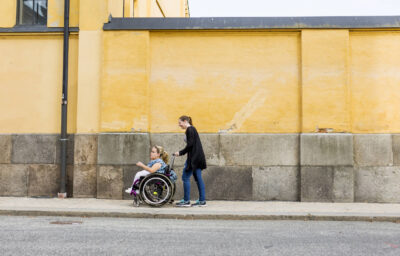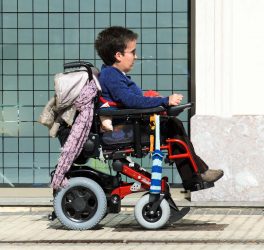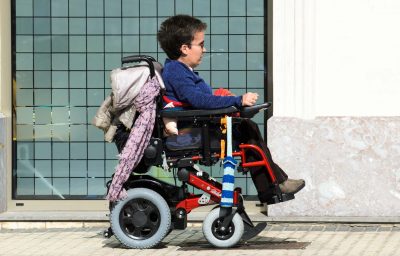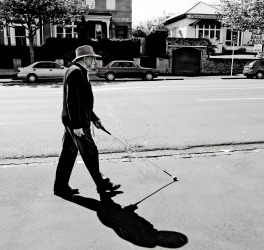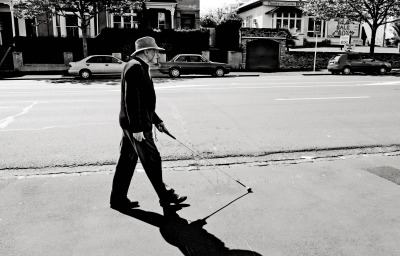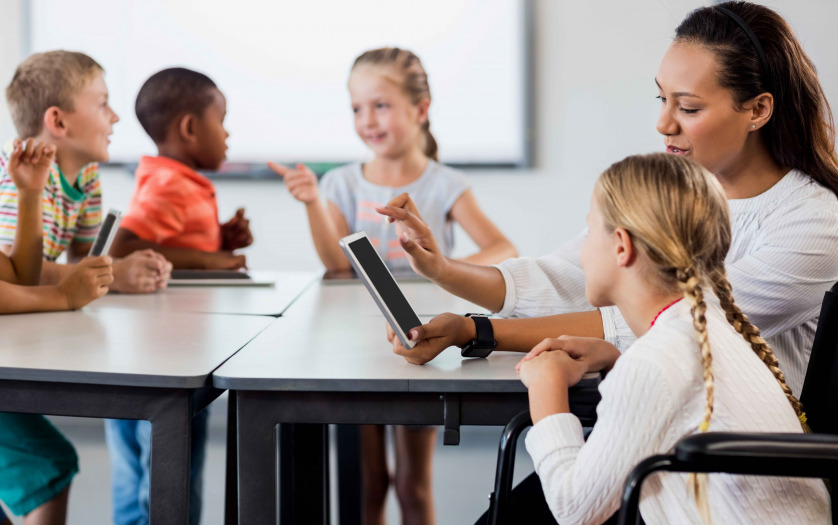
Retaining ‘physical restraint’ over allowing teachers to use ‘physical force’ in last minute changes to the Education and Training Bill is a win for disability advocacy and protecting the rights of children with disabilities, says Disability Rights Commissioner Paula Tesoriero.
The change came in a Supplementary Order Paper tabled before the Third Reading of the Education and Training Bill in New Zealand on 22 July.
“The Children’s Commissioner and I wrote jointly to Minister Hipkins on July 1 reinforcing our submissions and expressing concern that the Bill, as reported back, had retained clauses relating to the use of physical force.”
The Ministry of Education’s data has shown children with disabilities, particularly those with cognitive differences, are more likely to experience restraint, so allowing physical force would potentially put them at risk of serious harm.
“Many advocates in the disability sector have spoken out against allowing physical force and emphasising the need for training, rules and guidelines. The change to the Bill is a good outcome for disability rights.”
Ms Tesoriero said it was critical to focus on good training in de-escalation for all teachers and school staff.
“The use of physical restraint should be tightly prescribed, transparently used, and only in the most serious circumstances by trained people as a last resort.”
Ms Tesoriero also welcomed the requirements to consult the disability community and children and young people, in particular Māori and those with learning support needs, in developing rules and guidelines.
“Their voices are vital to a robust child rights-centred response to these matters.”
Allowing oral complaints to be made to dispute panels was another good move, she said. It’s not known whether the regulations will require that people with lived experience of disability sit on the panels.
Ms Tesoriero said there were some significant missed opportunities with the Bill, including the role it could play in creating a truly inclusive education system.
“Unlike the Oranga Tamariki legislation there’s no reference to the United Nations Convention on the Rights of the Child (UNCROC) or Convention on the Rights of Persons with Disabilities (CRPD).
“We need our international obligations and an enforceable right to education for all enshrined in the law.”

